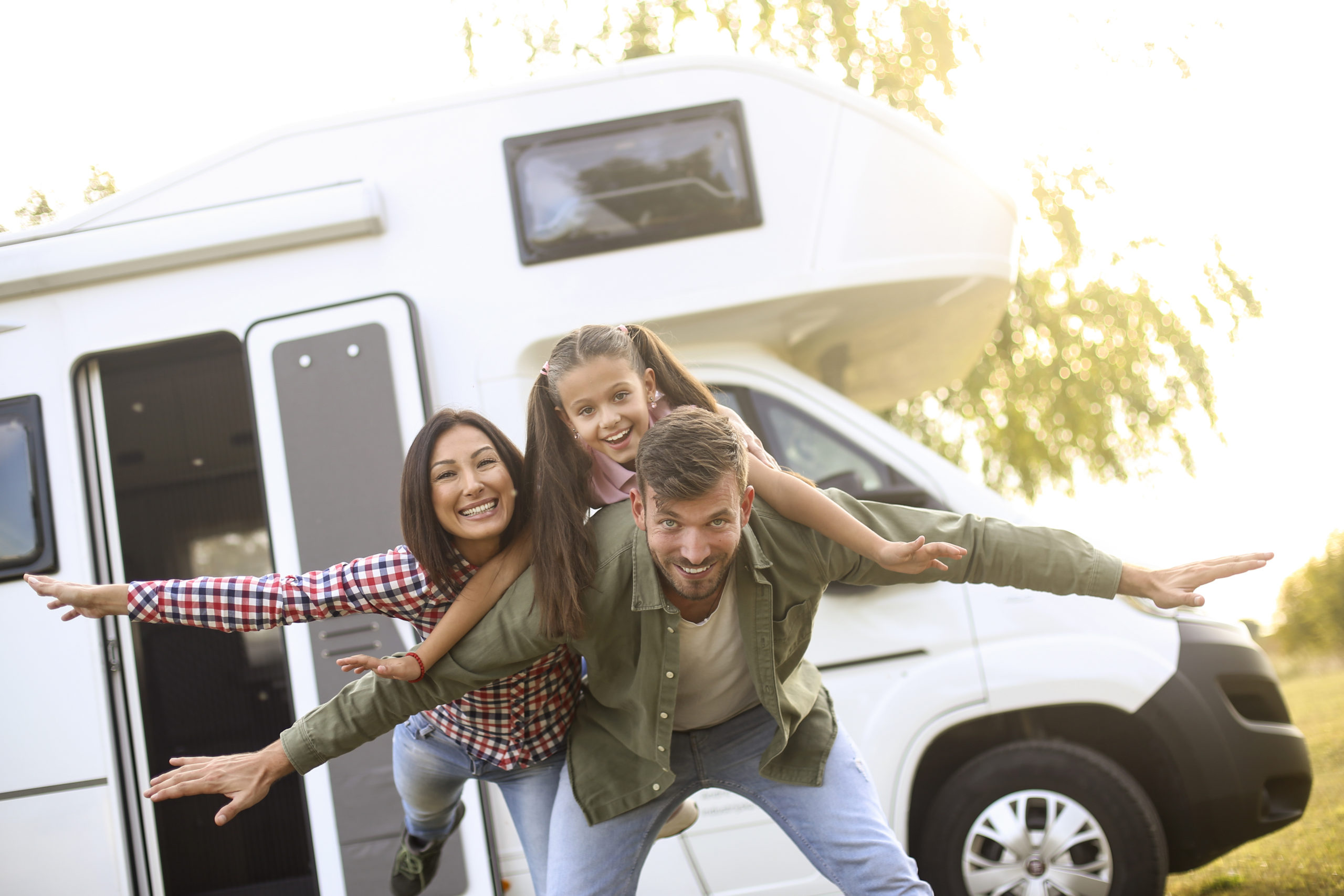
Everything You Need to Know About RV Camping
Summer is here and many people are gearing up for another beautiful RV camping season! With somewhere around 355,000 new RVs being sold each year, many RV’ers hitting the road this season are total newbies. RV camping is one of the most fun, rewarding, and relaxing things you’ll ever do in your life – once you get the hang of it. For lots of information and tips on RVing, take a look at the RV Camping branch on MrOwl. Since getting yourself and your RV ready for your first adventures may feel a little overwhelming, here are a few things to keep in mind during your new RV journey.
Decide Whether to Buy or Rent
This isn’t always an easy decision, with pros and cons for both. However, when you consider a few key factors, the answer becomes clearer. You may want to buy if you plan to go RV camping often or full-time and you have storage for the times when you aren’t traveling. If you plan to go on a single trip or want to test the waters before making a purchase, then renting may be a better idea.
The urge to be spontaneous is tempting when your home is on wheels. There’s a certain pleasure in going where you want when you want. Still, it’s recommended that you have a plan. When RVing, you’ll need to plan for:
- The budget: How much you can allocate for food, fun, and overnight stays.
- Your food supply: What to buy and when to eat out.
- The route: The one you plan to take and alternate options.
- Stops: The places you want to see along the way.
- Campgrounds: Where along the route you plan to call it a night.
Create a Checklist
With every RV comes a list of precautions and steps to take before you are ready to hit the road. Forgetting even the smallest of tasks can put you, your RV, and others on the road with you in danger. Each RV will have its own unique checklist, depending on the type, model, and features. A few examples of checklist items are:
- Pull the steps in
- Lower the antenna
- Turn off and close fans on the roof
- Water heater off
- Water pump off
- Slide-in
- Secure loose items
- Retract jacks
Again, this is a very condensed checklist but gives you an idea of how many precautions you need to take to ensure you and your RV have a safe trip. It’s important that you create your checklist specific to your RV. Along with a checklist, you never want to hit the road without doing a thorough walkaround of your RV and ensuring that you aren’t leaving anything behind.
A great tip is to add your checklist to a MrOwl branch so that you’ll always have it handy when needed. You can also share it with other friends and family who are going on the road with you.
Pack Carefully
When packing your RV, it is important to keep in mind the weight of the items that you are packing. Your RV should generally be able to handle the weight of your personal belongings and full holding tanks, but you need to be mindful of packing it. The more weight you have, the more gas you’ll use. Also, you may need more air in your tires if you are going to really load down your RV. When packing cabinets, put the heaviest items down low. Loads tend to shift while traveling and the last thing you want is to clean up a mess when you stop or open a door and have all your canned goods flying at your face!
If your drawers and cabinets won’t stay closed when driving, consider using latches or bungee cords to keep them secure. Another tip when loading your RV or trailer is weight distribution. If you plan on bringing heavy items, try to distribute the weight evenly from side to side. If it’s a trailer, the majority of the weight needs to go in the end closest to your vehicle.
Take a Practice Trip
As an RV Camping beginner, taking a practice trip is a great way to get a feel for what camping in your new RV will be like and gives you a chance to diagnose potential issues while still being close to home. Take a maiden voyage to a campground near you. This is a good time to learn how to use all of your RV’s systems – they’re a lot different than in a house or apartment.
Before taking a big trip be sure that you understand your RV’s holding tanks and how to dump them, stove, refrigerator, water heater, leveling jacks, slide-outs, propane system, and any other features that you are unsure about. There is a bit of a learning curve, but once you get the hang of it, it’ll be second nature to you.
With some strategic planning and preparation, your first RV camping trip will go off without a hitch! (pun intended) Make the most of this spring, summer, and fall by RV camping with your friends and family – and keep your peace of mind with these 10 RV camping tips for beginners.
